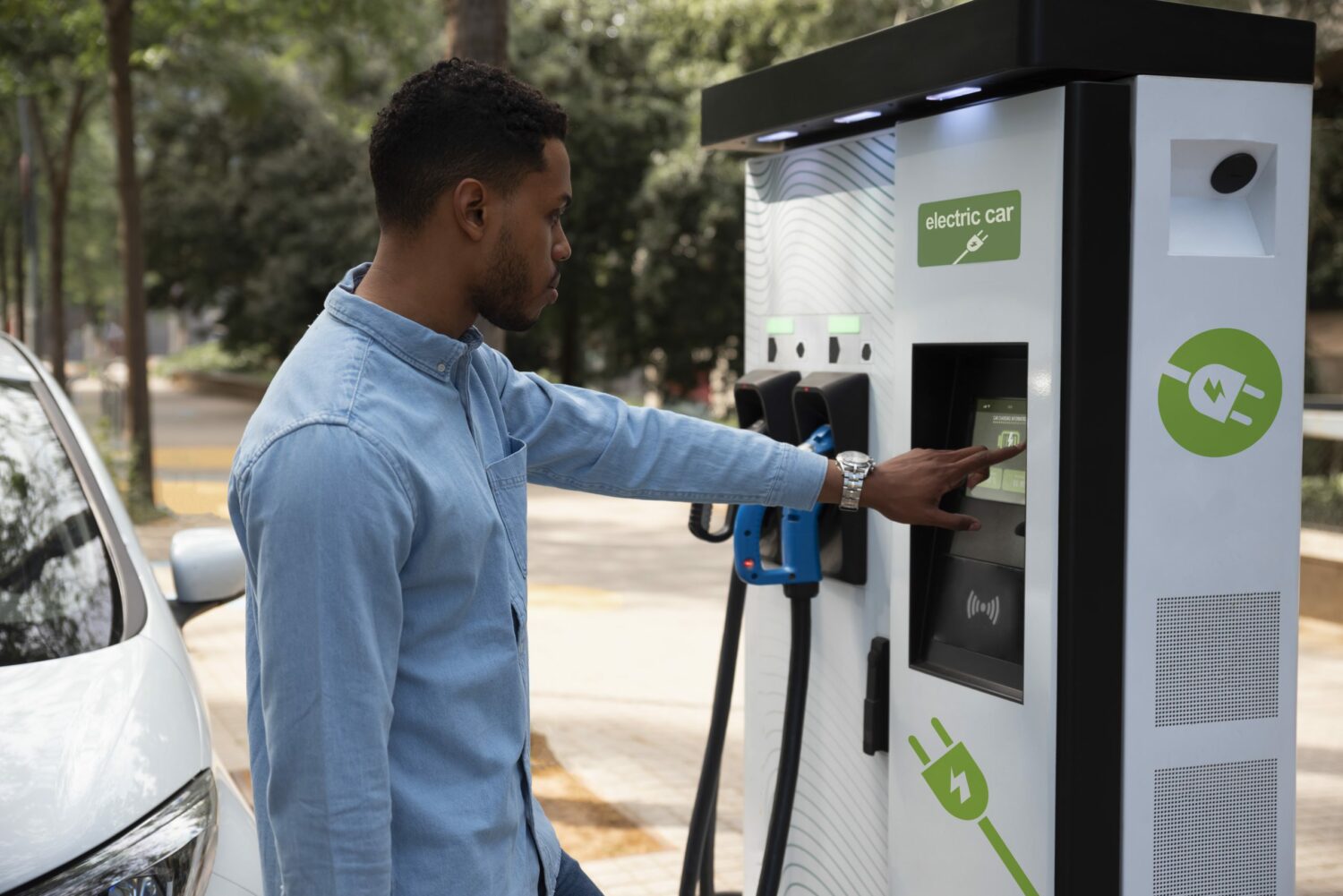Jason Stein is the host of Cars & Culture on SiriusXM, an automotive history podcast featuring interviews from business leaders such as Volkswagen CEO Thomas Schafer and Stefano Domenicali, Formula One Group CEO. Recently, Stein was able to sit down with Ford CEO Jim Farley for an exclusive 45-minute interview, where they discussed the automaker’s exciting plans for 2023, and how he expects to tackle the challenges of a transforming market. To offer a preview and share his own expert insights into the Ford brand, Stein joins CBT News anchor Jim Fitzpatrick on this special edition of Inside Automotive.
Last week Ford revealed its partnership with Red Bull Powertrains, confirming the brand’s return to Formula 1 racing after a 20-year hiatus. Although the revelation piqued the interest of motorsports fans and brand loyalists alike, the proclamation arrived at an inopportune time for the automaker. Just one day before the reveal, the company published a dismal fourth-quarter performance report. Even as race enthusiasts applauded the return, shareholders were demanding explanations. “It was a bit of a tale of two tales for Ford,” quips Stein, who held his interview with Farley the same day of the announcement.
Although critics could argue a motorsports revival is hardly a priority for the company, given its apparent challenges, Stein believes the decision is likely to pay off. For one, the collaboration grantees an endorsement from Red Bull’s champion Max Verstappen, who will introduce younger, more diverse audiences to Ford’s lineup.
Outside of the obvious marketing benefits, the partnership promises more technical opportunities for Ford. Formula 1 has shifted its focus towards sustainability, leading its competitors to seek gasoline power alternatives. As a result, the teams at Ford and Red Bull, working in secret for two years, developed a hybrid power unit, which is expected to compete as soon as the 2026 season. During their discussion, Farley explained to Stein that the company could save up to $500 million in education and development by using the principles learned from the partnership to develop better EVs. “Red Bull can learn from Ford on the EV side, and Ford can learn from Red Bull on the aerodynamic side,” notes Stein. Given the high expense of motorsports participation, the monetary savings are an excellent bonus for the manufacturer.
 |
Stein and Farley also discussed Ford’s future in the electric car business. The brand was one of the first legacy automakers to take a gamble on the success of EVs, sparking a sudden, industry-wide shift that has often been met with criticism. “This is a monumental time for Ford,” explains Stein. “[Farley] talked about the huge cultural debt that the company has now…they have to be a more advanced company.” Despite the need for innovation, the company’s initial guidelines for EV adoption were met with frustration from dealers. The disagreement created a rift between the manufacturer and its distributors, who argued the rules were shortsighted and unfair. Although the brand has since retracted parts of its original stance and is working more closely with dealers to find mutually beneficial ways to encourage EV sales, there are still changes the company will need to make before it again earns the good will of its dealership body.
While relationships with franchisees can be built over time, an issue which the automaker cannot afford to leave unchallenged is its poor management of supply chains. Although external factors have disrupted global trade for the last three years, the company has been hit especially hard due to its internal handling of suppliers. Farley places some of the blame on himself. “There are deeply entrenched issues primarily in that supply chain purchasing side that mask a lot of dysfunctions,” explains Stein. However, the CEO went on to promise Stein the company would be tackling these problems in the very near future, both by addressing its internal flaws and improving its relationship with suppliers.
As one of the oldest automakers in the world, it is no surprise that Ford has its own share of controversies. However, as Stein notes, there are many achievements in the brand’s history, and further accomplishments lie in store. Although the early months of 2023 could be disappointing for many businesses, Stein believes that good times still lie in wait for Ford and the rest of the auto industry, provided their leaders meets the challenges head-on.
Catch Jason’s full interview with Jim Farley here.
Did you enjoy this interview? Please share your thoughts, comments, or questions regarding this topic by connecting with us at newsroom@cbtnews.com.
Be sure to follow us on Facebook, LinkedIn, and TikTok to stay up to date.
While you’re here, don’t forget to subscribe to our email newsletter for all the latest auto industry news from CBT News.







